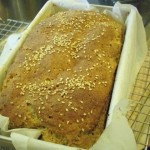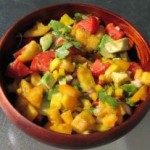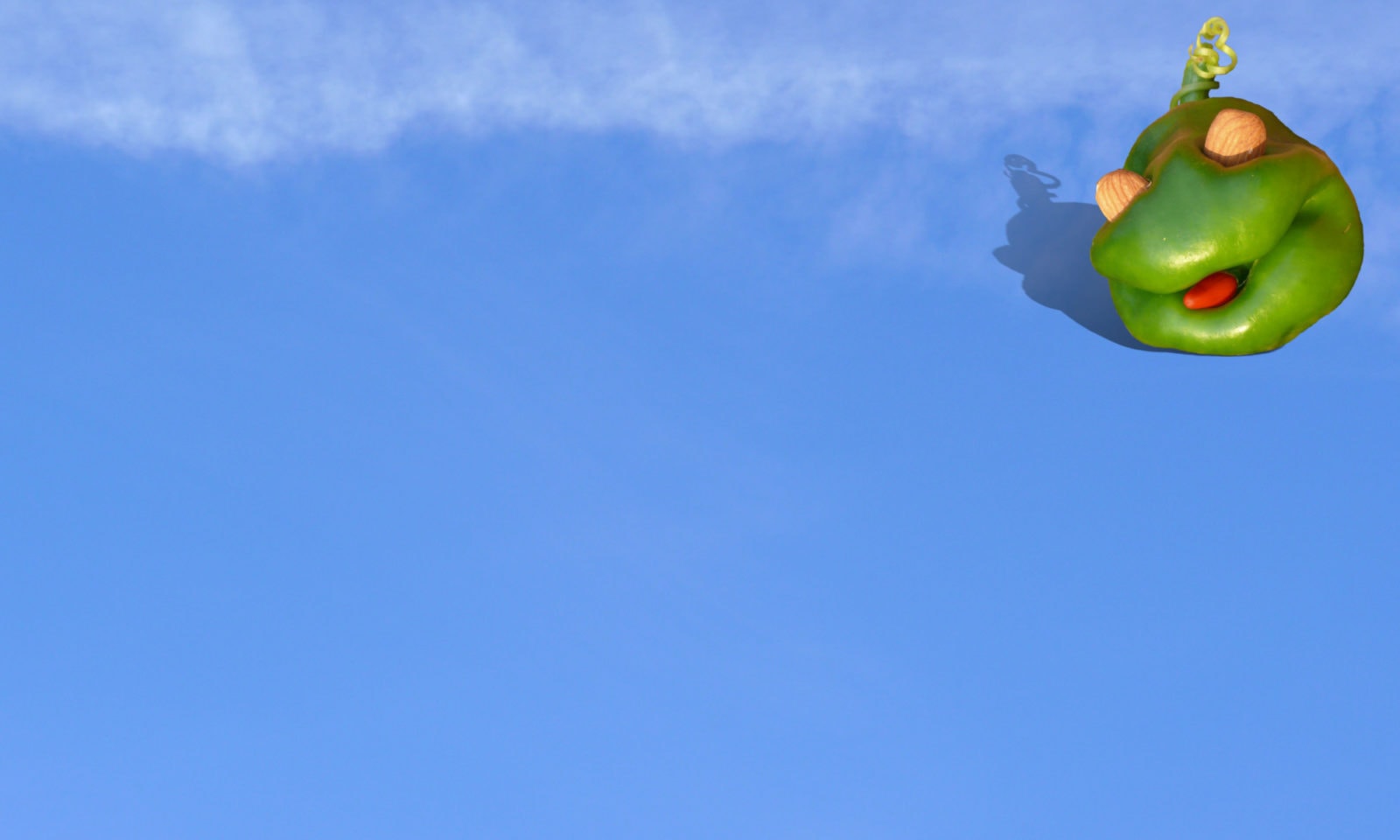Many of us see the New Year as a great time to make changes and improve our health. It’s a good time to look at your diet and lifestyle, both to see how far you’ve come in the past years and also to see what you can do to look and feel your best.
Going gluten-free can be a big turning point to eating healthier. Many people are amazed to realize the impact that diet has on how they feel! All of a sudden, people need to start reading labels, and many begin to wonder why there are all of these ingredients they can’t pronounce and why high fructose corn syrup and red dye # whatever seems to be in everything. Or maybe after years of eating anything and staying slim, the pounds have started creeping upward. No matter what your reason, let this be the year you improve your diet.
Are you getting the nutrients you need?
Years ago, the Food and Drug Administration realized that many people weren’t getting enough vitamins like folate,  several other B vitamins, iron and calcium. So they added a variety of nutrients to the foods supply in every day foods like flour, bread, pasta, cereal, etc. However, gluten-free breads and cereals are considered specialty products, and very few are enriched with these vitamins. Not only that, but many gluten-free breads are filled with things like tapioca, potato and cornstarch to give a light texture, and these foods have very few nutrients. So when people switch from eating regular packaged foods to eating gluten-free processed foods, they don’t realize that they’re actually eating a lot fewer vitamins and minerals, a lot less fiber and usually more calories, too. Not only that, but many people with Celiac disease may be deficient in many vitamins, such as B vitamins, vitamin D, Calcium and iron because they have not been absorbing foods well for years, and may need more than the average person while they are healing.
several other B vitamins, iron and calcium. So they added a variety of nutrients to the foods supply in every day foods like flour, bread, pasta, cereal, etc. However, gluten-free breads and cereals are considered specialty products, and very few are enriched with these vitamins. Not only that, but many gluten-free breads are filled with things like tapioca, potato and cornstarch to give a light texture, and these foods have very few nutrients. So when people switch from eating regular packaged foods to eating gluten-free processed foods, they don’t realize that they’re actually eating a lot fewer vitamins and minerals, a lot less fiber and usually more calories, too. Not only that, but many people with Celiac disease may be deficient in many vitamins, such as B vitamins, vitamin D, Calcium and iron because they have not been absorbing foods well for years, and may need more than the average person while they are healing.
Often in the beginning, people want to try anything that’s gluten-free, and are just focusing on getting by. The focus is on finding replacements for old favorites and learning all of the new rules. That is definitely a great short-term strategy but it’s only the first step! The good news is that that many healthy foods are naturally gluten-free, like fruits, veggies, beans, many gluten-free whole grains, nuts, seeds, and plain fish and poultry. These foods also naturally contain B vitamins, calcium and fiber, too, so it’s a bonus all around.
And, as we well know, gluten-free does not automatically mean good for you! Jimmy Fallon just did a great monologue earlier this week and put it best. He said, “I heard that Dunkin’ Donuts is testing a line of gluten-free pastries. So if you’re looking to eat healthy, still no.” (around 3:20)While having options is fantastic for the gluten-free community, confusing gluten-free with nutritious isn’t helping anyone.
Also, often how much we eat is as important as what we eat. I really like this new visual from the CDC on portions:
Portion size is almost always a part of the puzzle, and it often takes structure and awareness to avoid those subconscious traps. I really love the book Mindless Eating: Why We Eat More Than We Think which has some easy and accessible suggestions.
News:
- A college student with Celiac disease sued Lesley University to get safe, gluten-free meals at the school cafeteria and WON. Hopefully this begins a new trend of acknowledging that schools need to accommodate people with medically based nutritional needs. Navigating college can be hard enough, especially for freshmen, without adding extra demands.
- I was quoted in a December Washington Post story on strategies to manage holiday drinking. Fortunately the tips also apply all year ’round!

- I finally updated my gluten-free recipe index on my blog. Yum yum!
- DC Celiacs Meeting:
Next Meeting: March 2, 2013, Location TBD
I thought this quote was perfect for this time of year:
You’re closer to your glory leaping an abyss than re-upholstering your rut. ~James Broughton
Cheryl Harris, MPH, RD is a Registered Dietitian, Nutritionist and Certified WellCoach in Fairfax & Alexandria, VA. Cheryl works with people to feel and look their best with a range of specialties, including Celiac Disease, food allergies, pregnancy, breastfeeding, vegetarian and vegan diets, preventing diseases and “whole foods” eating. Let’s get you on your way to achieving your goals. Email her or call 571-271-8742.
